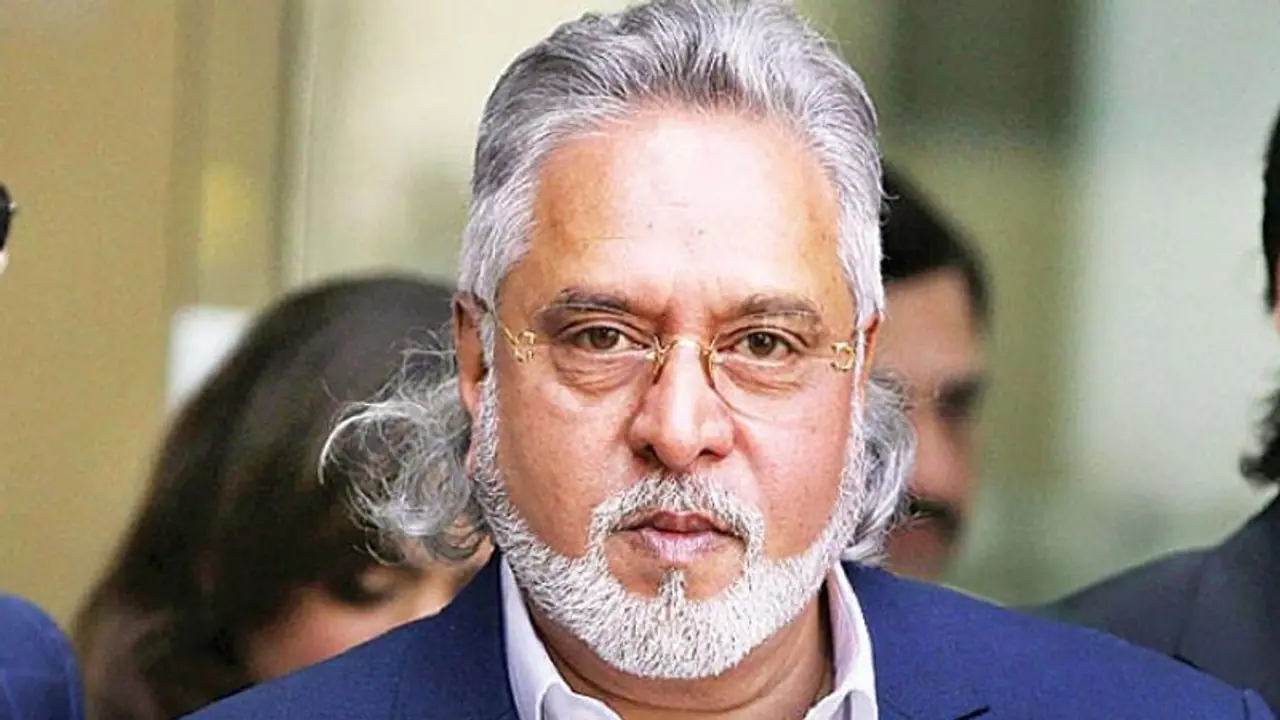Mallya has contested his extradition on the grounds that the case against him is "politically motivated" and the loans he has been accused of defrauding on were sought to keep his now-defunct airline afloat
New Delhi: Embattled liquor tycoon Vijay Mallya is scheduled to return to Westminster Magistrates' Court in London on Monday when his extradition trial is listed for a judgment hand-down.
Here's all you need to know
- The 62-year-old former Kingfisher Airlines boss, wanted in India on alleged fraud and money laundering charges amounting to an estimated Rs 90 billion, has been on bail since his arrest on an extradition warrant in April last year.
- He has contested his extradition on the grounds that the case against him is "politically motivated" and the loans he has been accused of defrauding on were sought to keep his now-defunct airline afloat.
- The trial, which opened at the Magistrates' Court on December 4 last year, has gone through a series of hearings beyond the initial seven days earmarked for it. It opened with the Crown Prosecution Service (CPS) team, led by Mark Summers, laying out the Indian government's prima facie case of fraud and money laundering against Mallya.
- While the CPS argued that Mallya never intended to repay the loans he sought in the first place because his airline's demise was inevitable, the defence tried to establish that Kingfisher Airlines was suffering from consequences of a wider global financial crisis around 2009-2010 and that its failure was a result of factors beyond the company's control.
- In relation to the defence's attempts to dispute Indian prison conditions as a bar to Mallya's extradition on human rights grounds, the judge had indicated to the CPS that she did not require any further information in reference to the prison conditions awaiting Mallya at Barrack 12 of Mumbai's Arthur Road Jail after seeking a video of the cell.
- The judge's decision on whether to send Mallya's case to UK Home Secretary Sajid Javid can be appealed with the UK high court's permission, with the person to be extradited entitled to make an application for permission to appeal to the high court within 14 days of the date of the Chief Magistrate's ruling.
- On the other hand, the Indian government would also have 14 days to file leave to appeal to the high court, seeking permission to appeal against a decision not to extradite.
